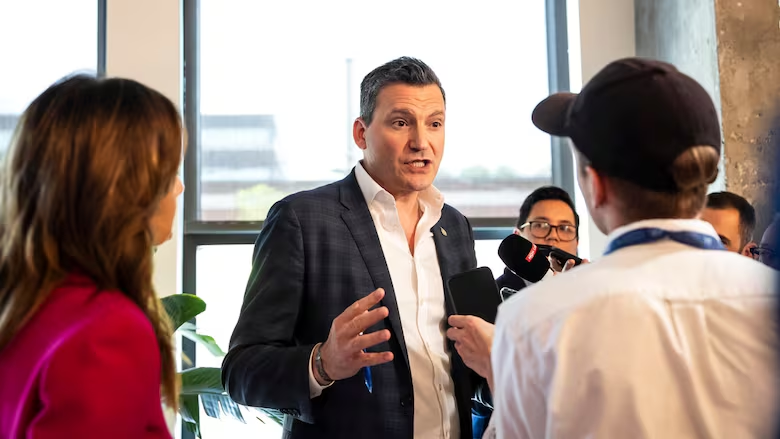Canada is rethinking its approach to copyright laws in the age of artificial intelligence. The federal government is closely watching legal cases in both Canada and the United States before deciding its next steps. This includes a key lawsuit against OpenAI, the company behind ChatGPT, which is now challenging an Ontario court’s authority.
Evan Solomon, Canada’s minister overseeing artificial intelligence, confirmed in a statement that copyright issues will be part of a broader plan for AI regulation. The goal is to protect cultural identity and ensure creators are not left out of important discussions. While Ottawa has no plans for a separate copyright bill at the moment, the minister’s office said it is following court developments and market trends carefully before making any policy decisions.
The legal case that brought this issue into focus began late last year. A coalition of major Canadian news outlets has sued OpenAI for using their content to train its AI models without permission. The group includes CBC/Radio-Canada, The Globe and Mail, Postmedia, the Toronto Star, Metroland, and The Canadian Press. These publishers claim OpenAI copied large amounts of news articles from their websites and used the material to build its AI tools.
According to court filings, OpenAI never asked for consent or paid for the use of that content. The publishers say this is a direct violation of Canadian copyright law. They argue that OpenAI took their intellectual property, used it for commercial gain, and ignored legal pathways to access the content fairly.
OpenAI has responded by denying all allegations. The company said it trains its systems using publicly available data and follows fair use laws and international copyright principles. OpenAI also claims that it does not operate in Ontario and therefore the Ontario court has no right to hear the case. The court is expected to review this jurisdiction challenge in September.
This case could have major implications for how AI companies operate in Canada and beyond. If the court sides with the publishers, it may lead to stricter rules on how AI systems collect and use data. On the other hand, if OpenAI wins, it could strengthen the argument that training on public data is allowed under existing laws.
The outcome may also affect how other countries handle similar copyright questions. Around the world, lawmakers are trying to catch up with the fast pace of AI development. Many of them face pressure from both the tech industry and creative sectors to find fair solutions.
Artificial intelligence tools need vast amounts of information to function well. These systems often learn by analyzing books, websites, images, and news content. But the line between fair use and copyright theft remains unclear, especially as AI becomes more advanced and widely used.
Canada’s cautious approach reflects the complexity of the issue. By waiting for legal rulings, the government hopes to create smart policies based on real-world outcomes. The current legal challenge could help define what counts as fair use in the age of AI and clarify how creators’ rights should be respected in this new era.
This ongoing legal fight is being watched closely by tech experts, lawmakers, and content creators around the globe. It could reshape the relationship between AI companies and the people who produce the content their tools rely on.

